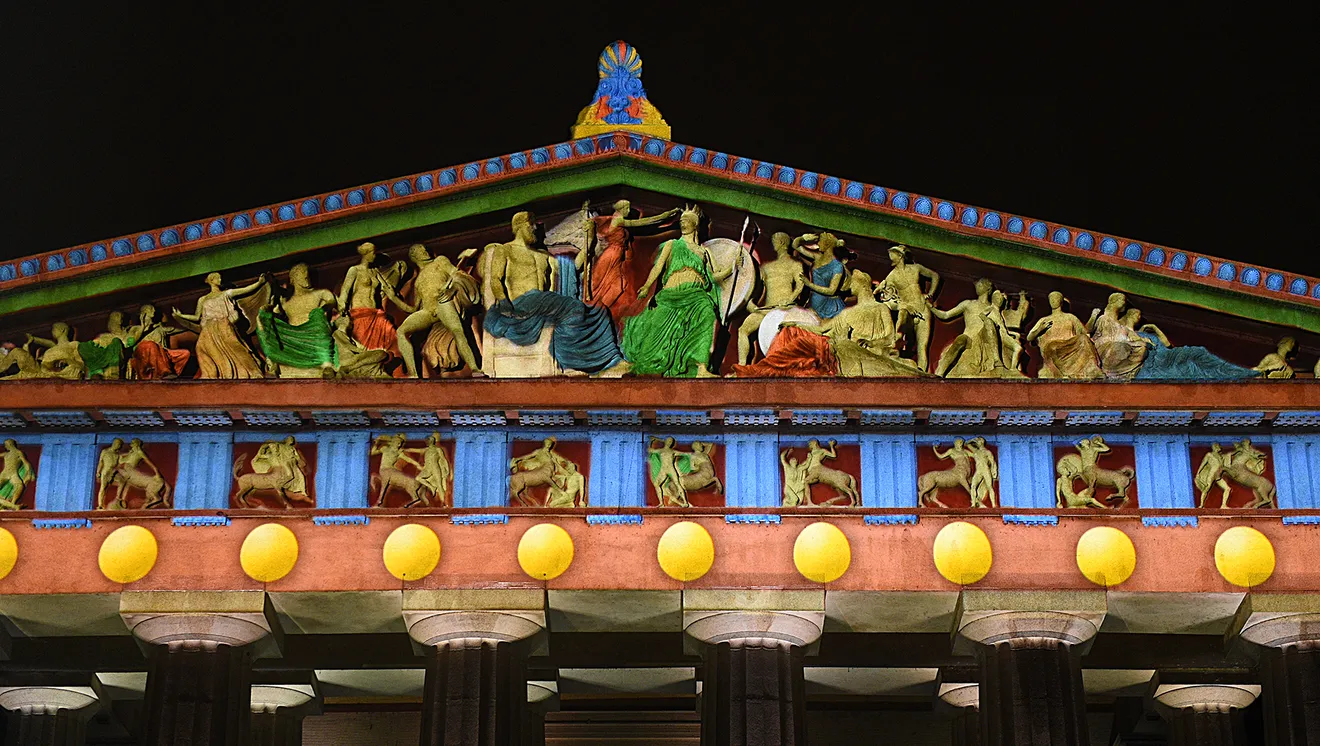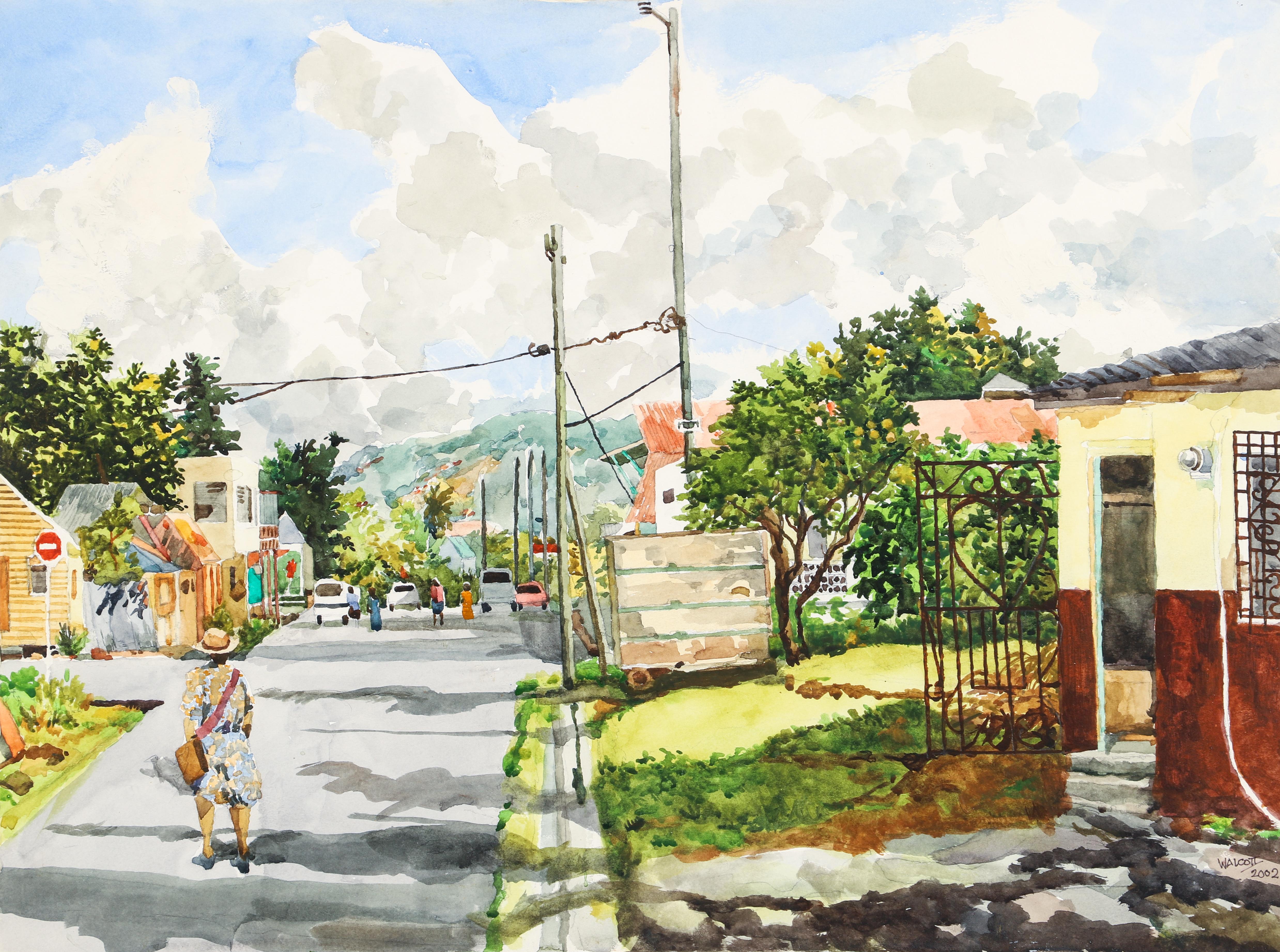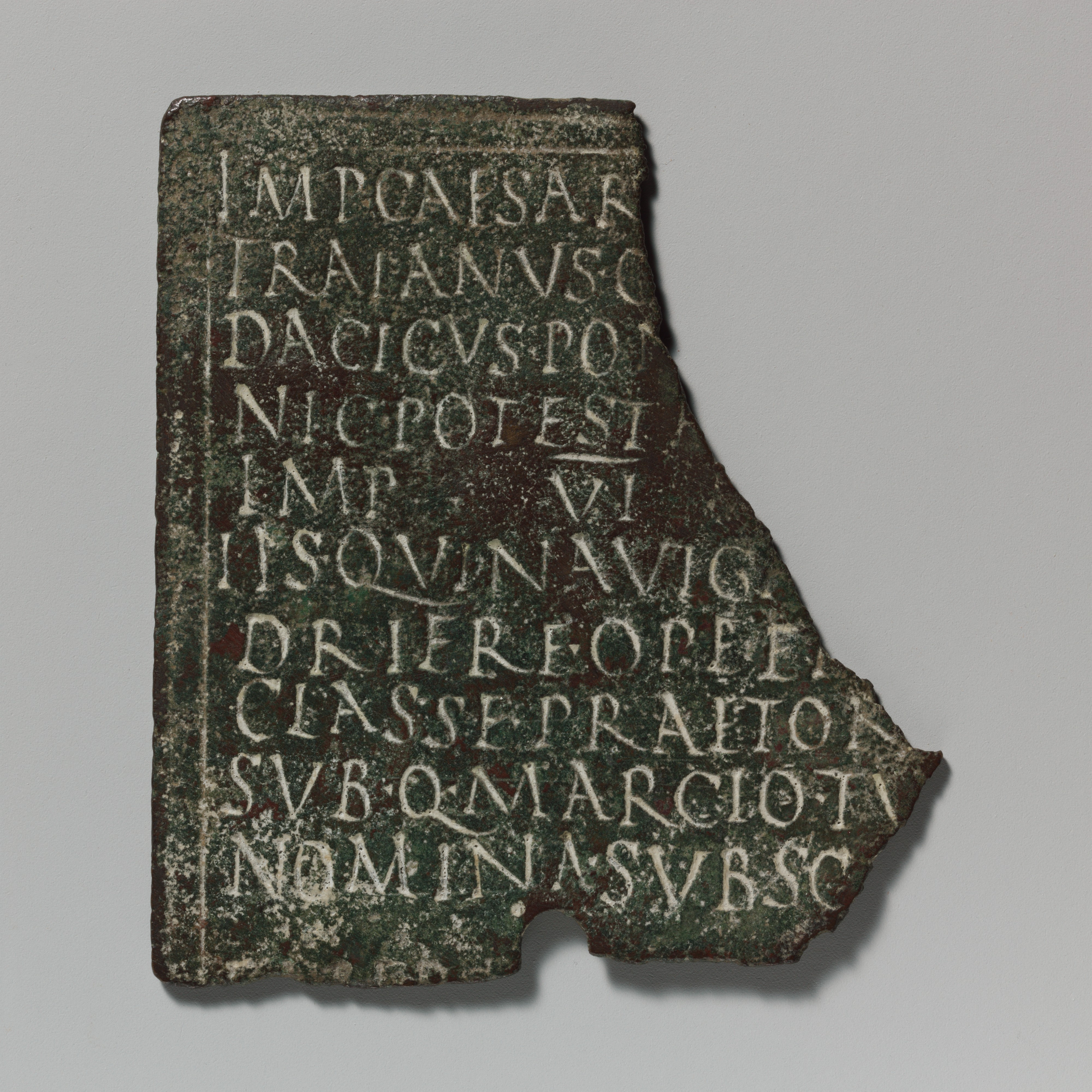
In this course—the sequel to GRST 145—we will continue learning the fundamentals of Latin grammar and syntax.
- Instructor: Carl Rice
- Instructor: Maeve Smith
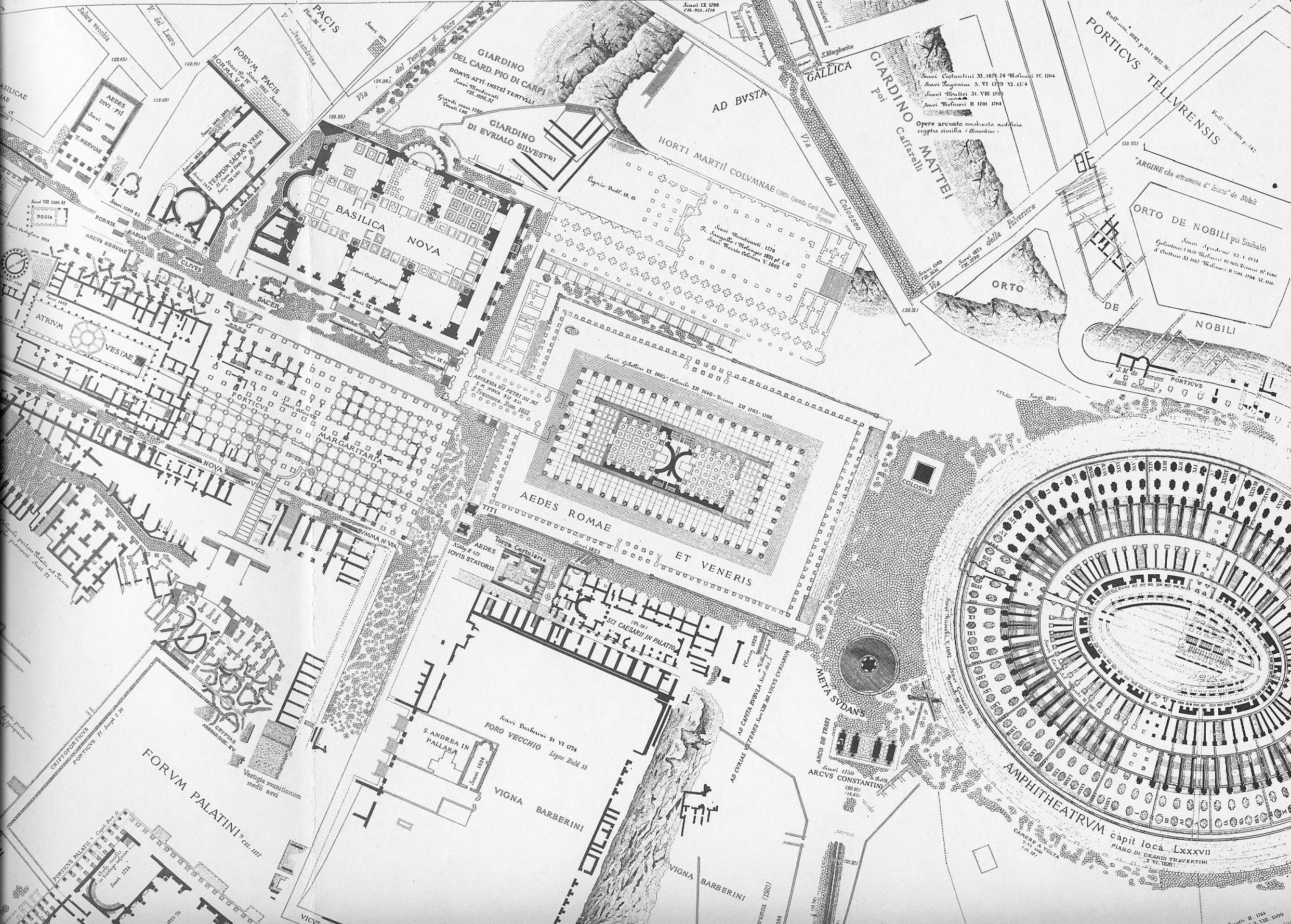
How did the Romans turn a small village on the banks of the Tiber River in Italy into an empire that spanned the entire Mediterranean? This course tells the story of the Roman people and explores the mark they left on the world.
- Instructor: Carl Rice
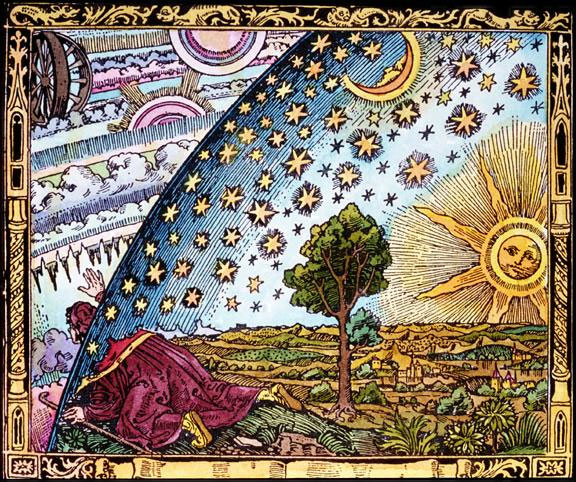
Today when we hear the word “cosmos,” we picture sublime nebulas and solar systems. But the meaning of the word, which originated in ancient Greece and referred to anything that was ordered, whether it be a military, a poem, or a cosmetically “put together” body, was very diverse. Over time the concept came to be central in the lexicon of philosophy, rhetoric, and political theory, evolving into words as diverse as cosmology, cosmetology, and the cosmopolitan. In this class, we trace the elevation of the concept of cosmos from its origins in ancient Greece down through medieval Arabic and European languages (all in translation) and consider how the word shaped how thinkers spoke of the human place in the universe, constructions of race and gender, politics and power structures, and the organization of knowledge and systems of higher education and corporate life among other topics.
- Instructor: Del Maticic
- Instructor: Rachel Friedman
- Instructor: Barbara Olsen
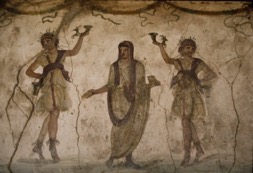
Scholars agree that ‘religion’ was everywhere in the Roman world. But what exactly does that mean? Participants in this course explore the various ways that Romans imagined religion in their lives and how those ideas changed over time. In addition to a chronological overview of Rome’s religious history, students dive into topics such as ritual and practice, the gods and divinity, the practice of magic, the use of sacred space, and more. We will end the course with debates about “religion” as an analytical category and whether or not it is useful for ancient studies.
- Instructor: Carl Rice
